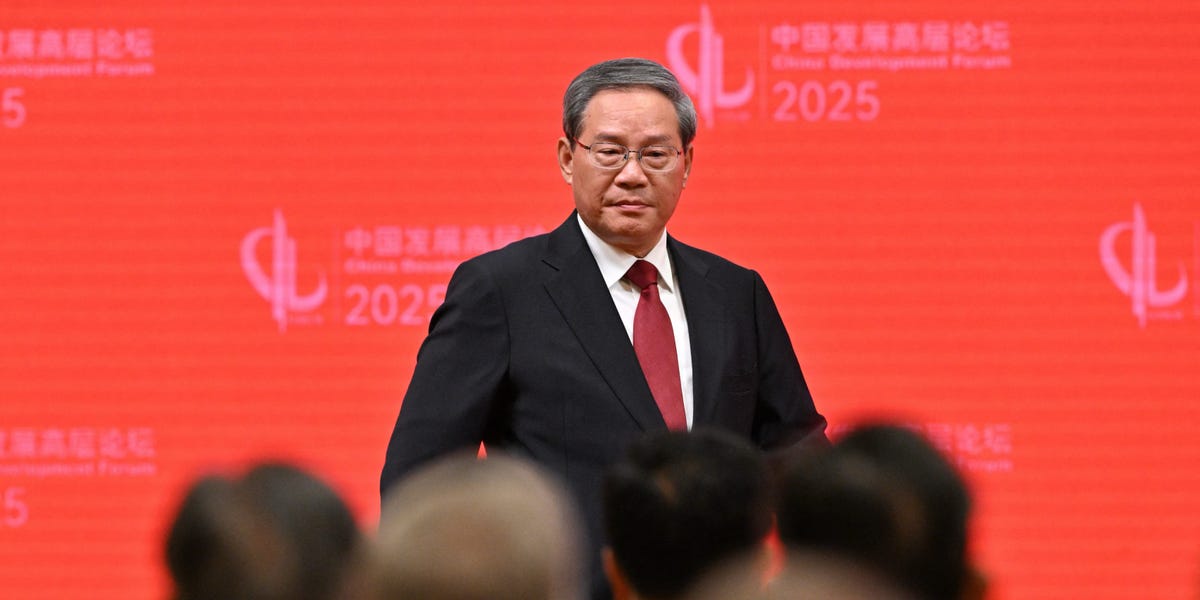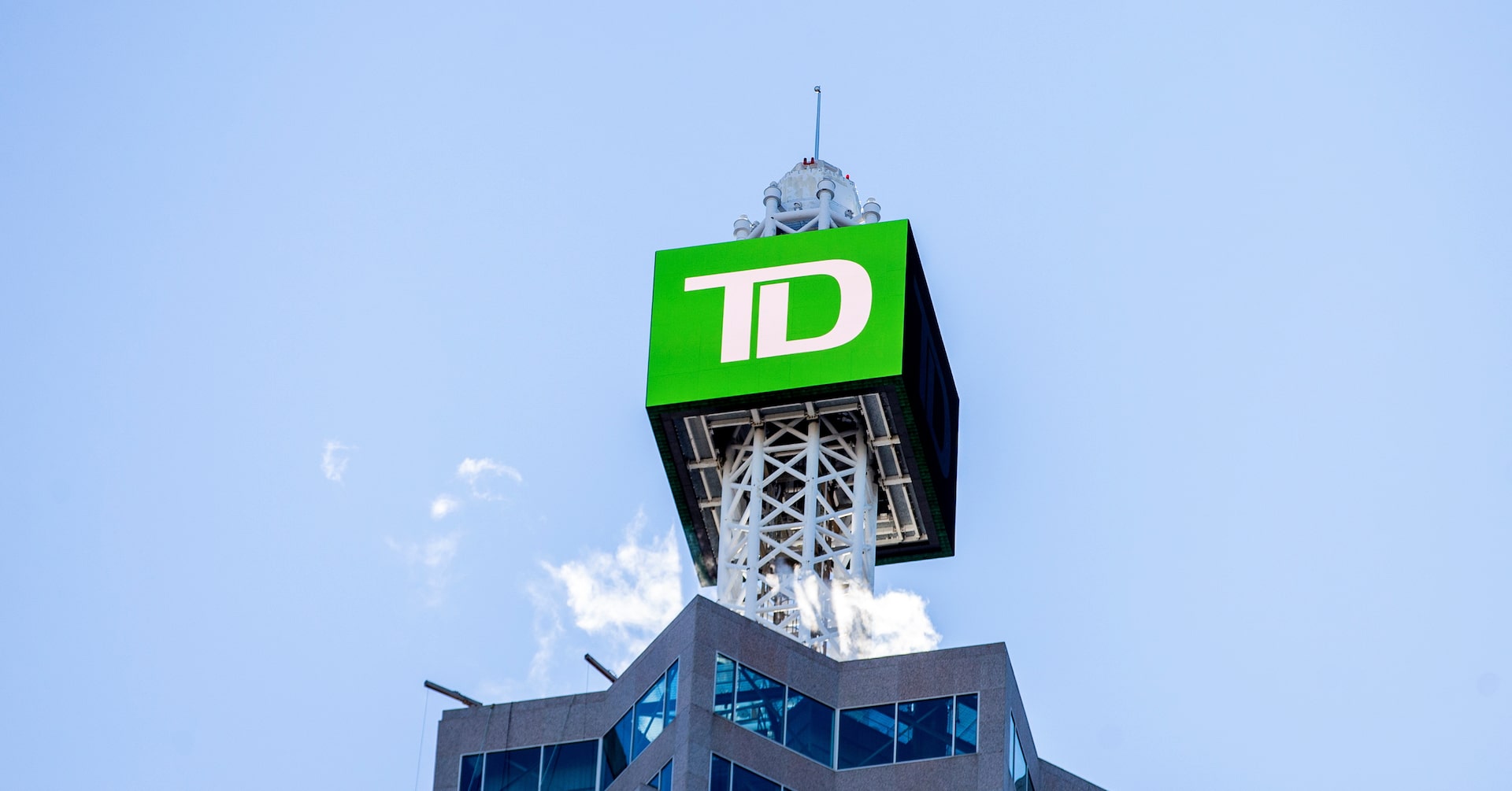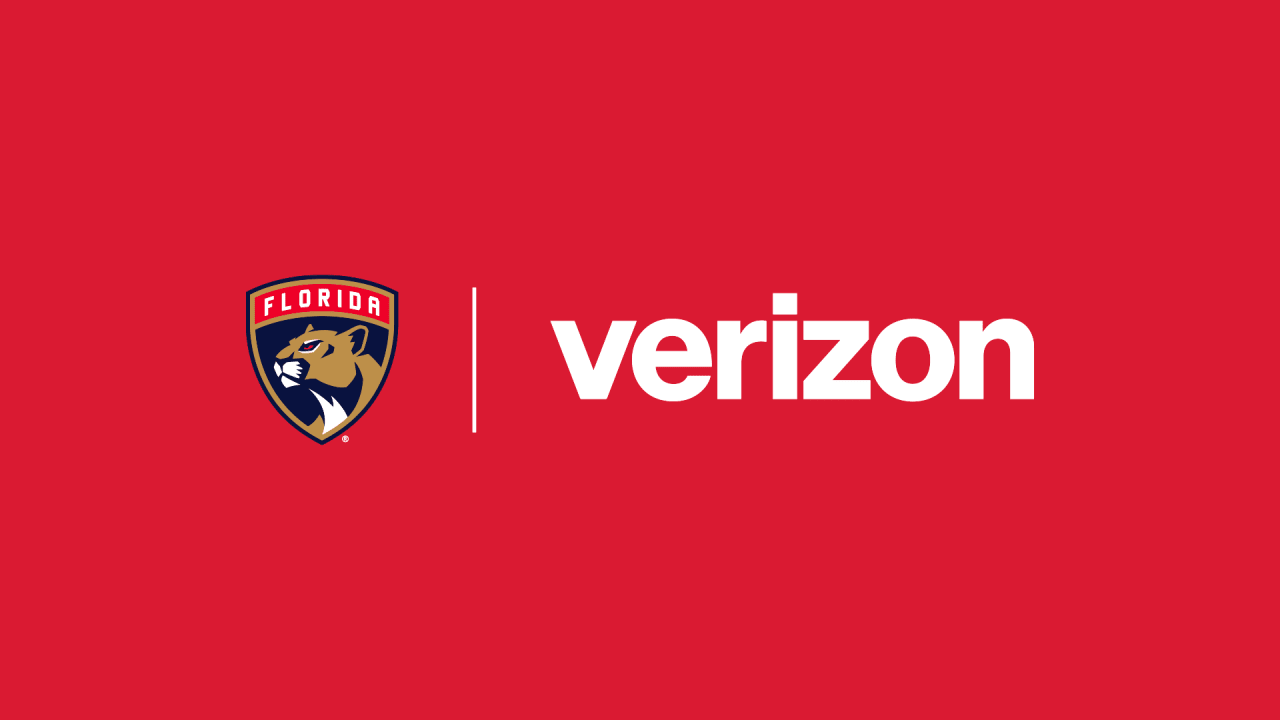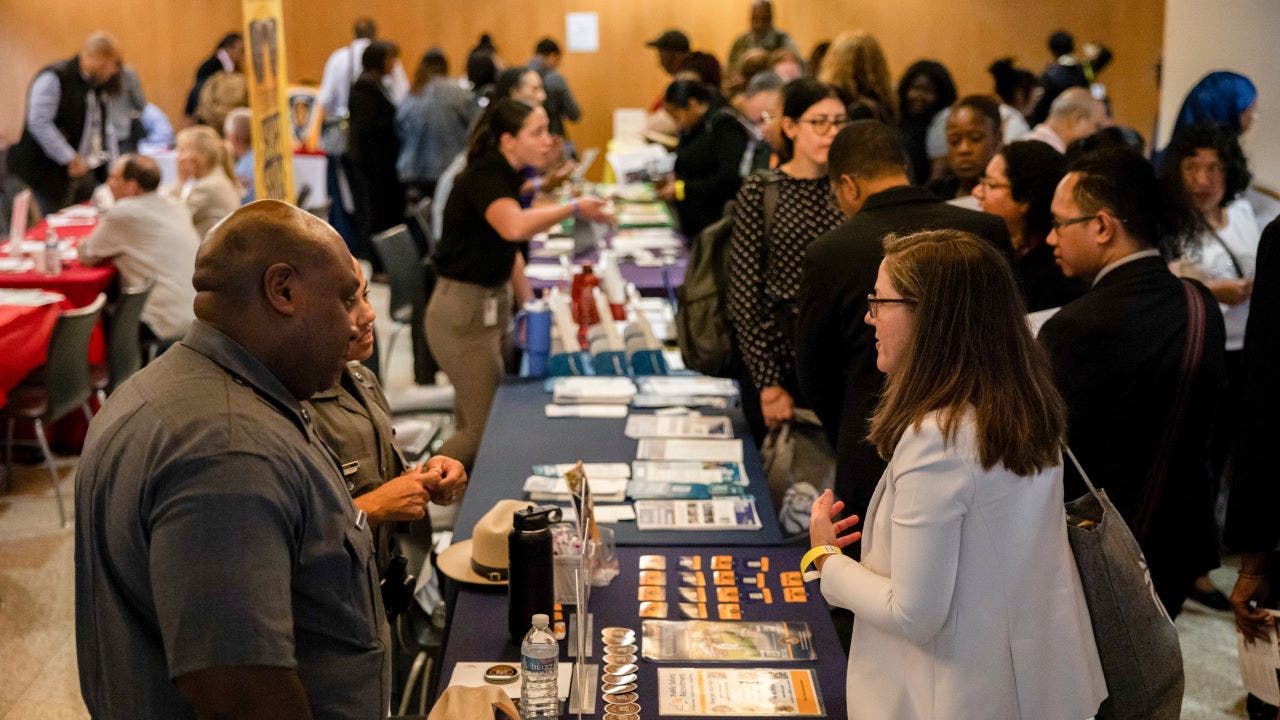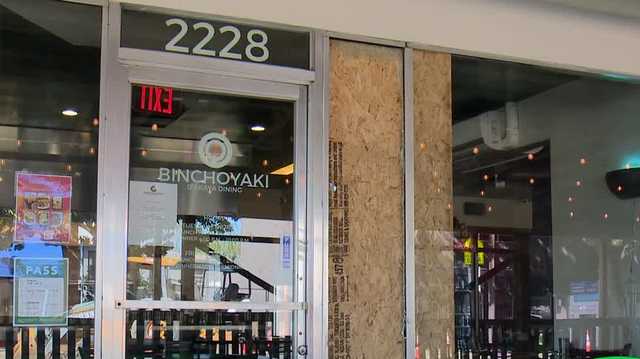Autonomous Showdown: Tesla and Waymo's High-Stakes Battle for Airport Dominance
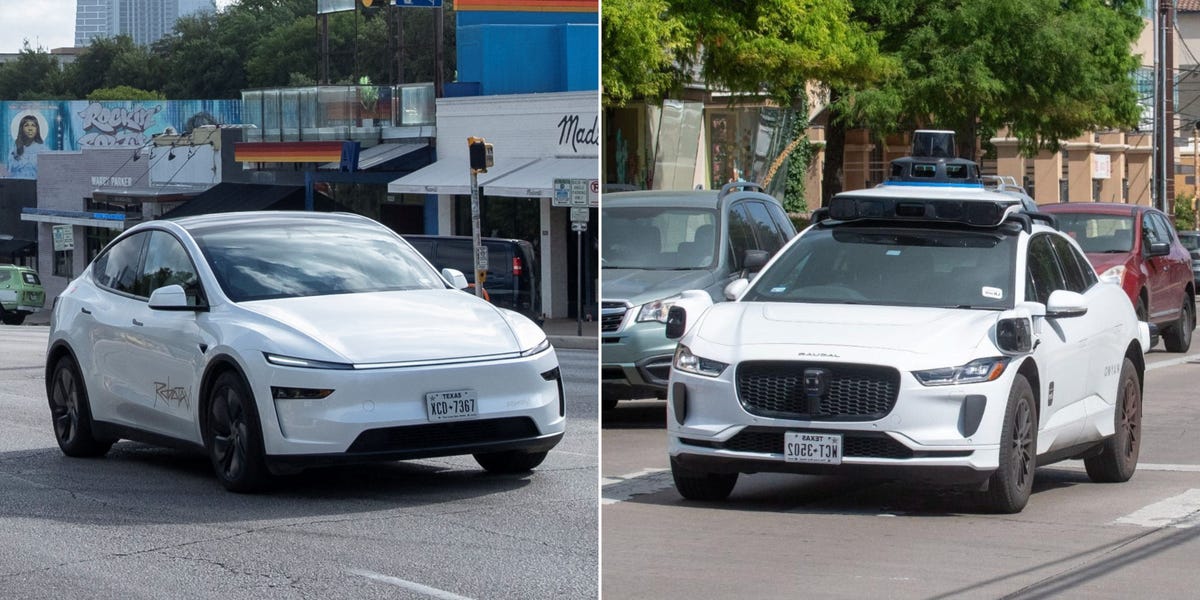
In the high-stakes race of autonomous transportation, Tesla and Waymo are locked in a competitive battle to secure prime ride-hailing routes at Bay Area airports. These strategic transportation hubs represent a golden opportunity for cutting-edge autonomous vehicle companies to showcase their technological prowess and capture a lucrative market segment.
The San Francisco Bay Area, known for its tech innovation, has become a critical battleground where these autonomous driving pioneers are seeking to establish their first major commercial footholds. Airports, with their complex traffic patterns and high-value passenger routes, offer an ideal proving ground for self-driving technology.
Both Tesla and Waymo recognize that airport transportation represents more than just a route—it's a gateway to proving the reliability, safety, and efficiency of their autonomous systems. The competition is not just about winning routes, but about demonstrating technological superiority in one of the most challenging urban transportation environments.
As these tech giants vie for access, passengers can expect increasingly sophisticated and seamless autonomous ride-hailing experiences in the coming months. The Bay Area's airports are set to become the frontline of the autonomous transportation revolution.

